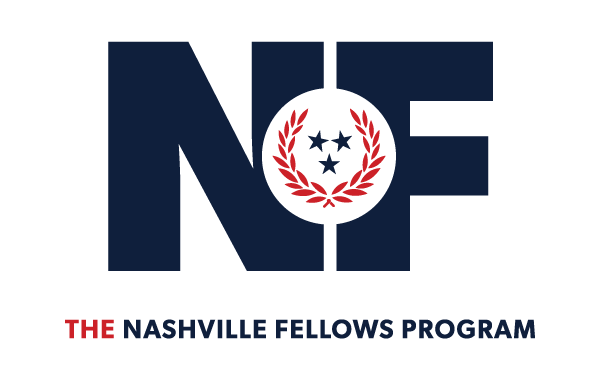A Vast and Infinite God by Emily Elder
Almost everyone I’m familiar with knows this about me: I love hearing and trying to understand different perspectives. I don’t care whether it’s a perspective put forth by a friend, a professor, or a stranger I met a few moments ago; regardless, I’m intrigued by the philosophies and thought processes by which people live. My life is made richer by each unique narrative I hear, especially when they increase my knowledge and expand my ability to empathize. In this way, Fellows has been so special for me. I’ve gotten to hear eight new perspectives from eight precious new friends.
But in some ways, this variety of perspectives that enriches my life also complicates it. I experienced this in college when I studied other religions. It was easier for me to disregard Buddhism before I studied its texts and read about the compassionate and sacrificial lives of many Buddhists. It was simpler to dismiss atheists as stubborn and arrogant until I heard firsthand how my friend had agonized and wrestled with her faith before reluctantly letting it go. Harder still was approaching the differences within the Christian faith itself. Why were there so many church denominations? How could two Christians read the same passage and come away with different meanings? How could two people I trusted use the phrase “theologically sound” to describe two churches with completely different viewpoints? With varying perspectives on doctrine, exegesis, and experience accosting me on every side, I was overwhelmed by the sheer amount of things I could believe, and thus became almost incapable of believing anything.
This has been the state of my spiritual life over the past few years: confused, skeptical, overwhelmed, agonizing, captivated, and at times frightened and feeling perilously close to unbelief. This was also my state when the Fellows program graciously accepted me. While I definitely cannot say that my doubts are completely gone, this Fellows year has challenged me to think about these things in a new light that fosters hope and encouragement. I want to share three quotes with you that, in the context of the Church and the Fellows program, have helped me throughout the past few months.
1. “As the creator of all things, God also created Sociology, and is thus the best sociologist. He understands group dynamics better than anyone else and He knows that what draws you to the Church is different from what draws other people.”
This quote came from Bruce Lowe, a pastor and professor who taught at our Vocations Retreat. I understand this quote to mean that while everyone needs the truth and grace and community offered through the Church, the way we receive these things might look different. I’m drawn to the Episcopal tradition because of my past experiences and where I am in life right now. But other church traditions are drawing in individuals who have different needs because of their experiences and where they are in life. It’s important to realize that God is honoring our differences while using them to draw us closer to Him and to others. When thought about this way, denominations cease to worry me; rather, they cause me to marvel at the complexity of our God.
2. “We’ve individualized this thing of faith so much. In a way, that makes it inaccessible to people because they’re like, well, I don’t know if I believe this. Like the Apostles’ Creed. I can’t say the Creed because I don’t know if I believe every line in the Creed. I’m like, oh, my God. Nobody believes every line of the Creed. But in a room of people, for each line of the Creed, somebody believes it. So we’re covered, right?”
For those of you familiar with Lutheran pastor Nadia Bolz-Weber, whom I've read some on my own, you know that she loves hyperbole and humor. This quote does not mean that Bolz-Weber thinks you can pick and choose which Christian doctrines to believe; it also does not mean our beliefs can save other people. However, I think it does mean that within our Church communities there is room for doubt and questioning without a sense of panic or urgency. While I might struggle with the concept of predestination, you might struggle to believe that God is good. In this way we can support and encourage each other in our weaknesses and in our strengths. This also makes sense to me in view of the larger Church that includes all cultures and denominations. I don’t believe that any single church has gotten Christianity “correct.” I do, however, believe that each church—like each person—has its strengths and weaknesses that we can use to teach one another. This is something the ecumenical nature of the Nashville Fellows has made me consider.
3. “God has shown me more of Himself through you this year…without you I simply wouldn’t know that side of Him.”
This last quote came from one of my fellow Fellows and was written to me because we all wrote affirmations to each other for Valentine’s Day. While I will forever cherish this sweet compliment, I don’t think this attribute is unique to me. I think that everyone we meet allows us to see slightly more of God. If people were created in God’s image, every person we meet provides a chance to experience God in a unique way. This is a beautiful example of how God is so much more than we could ever imagine or understand.
So this is where I stand today: still confused and bewildered, yet encouraged and excited to learn more about a God who is infinitely complex, diverse, and inclusive. And I’m so incredibly grateful to have the resources of three churches at my fingertips and the safety of eight trustworthy friends around me as I blindly stumble towards Jesus and the cross.

